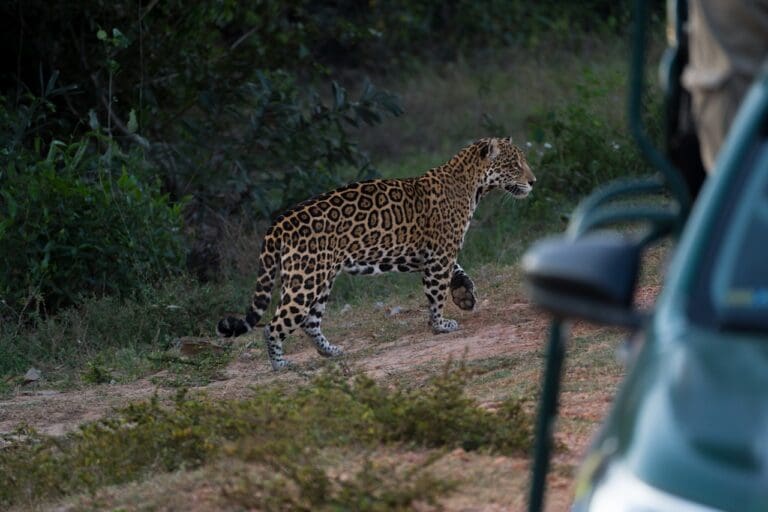In Brazil‘s Pantanal, the world’s largest tropical wetland, Paul Raad crouched in the undergrowth, scanning the ground for signs of jaguar activity. He wasn’t looking for the big cats themselves; instead, the veterinarian from São Paulo State University (UNESP) was searching for fresh jaguar feces. Spotting a recent sample, Raad carefully collected it, stored it […]
—
In Brazil‘s Pantanal, the world’s largest tropical wetland, Paul Raad crouched in the undergrowth, scanning the ground for signs of jaguar activity. He wasn’t looking for the big cats themselves; instead, the veterinarian from São Paulo State University (UNESP) was searching for fresh jaguar feces. Spotting a recent sample, Raad carefully collected it, stored it in a sterile container, and sent it to a lab to be analyzed. It was one sample of dozens that he’s collected since 2022.




